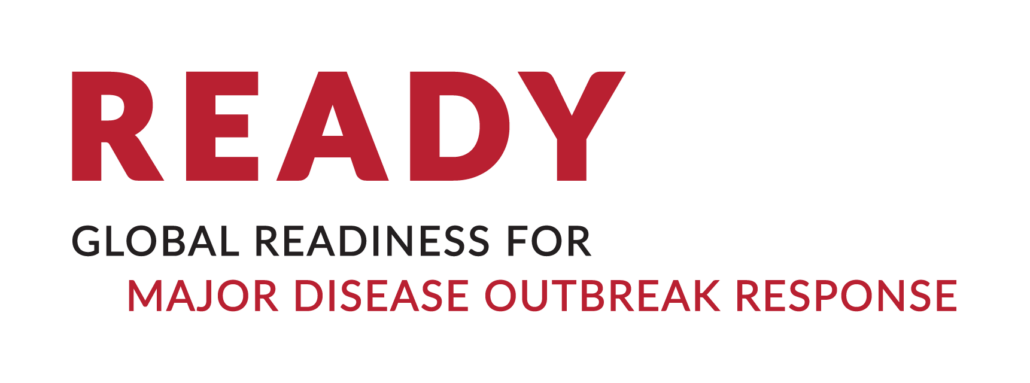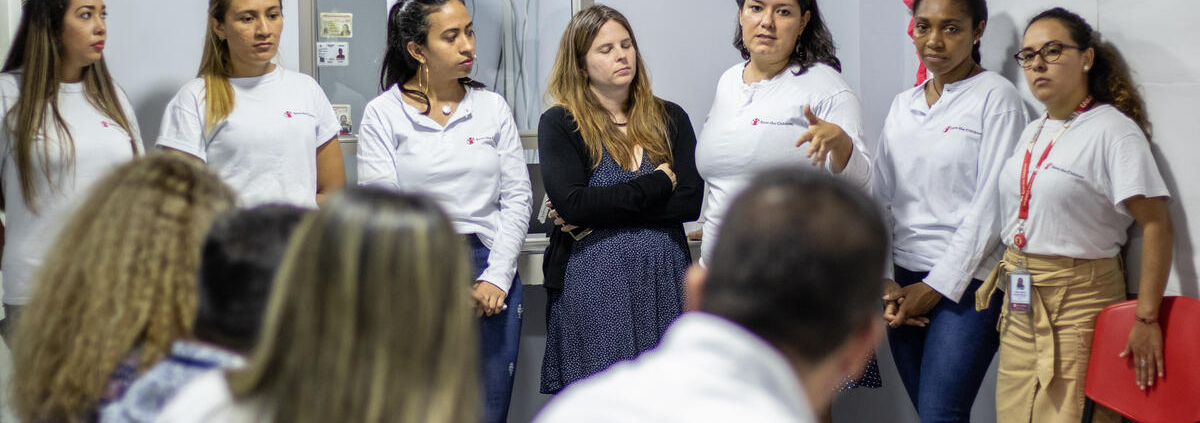Preparing humanitarians to address ethical problems
Mwandishi: TAYARI
Infectious disease outbreaks represent potentially catastrophic threats to those affected by humanitarian crises. High transmissibility, crowded living conditions, widespread co-morbidities, and a lack of intensive care capacity may amplify the effects of the outbreak on already vulnerable populations and present humanitarian actors with intense ethical problems. This journal article ‘Preparing humanitarians to address ethical problems’ argues there are significant and troubling gaps in ethical awareness at the level of humanitarian praxis. Though some ethical guidance does exist most of it is directed at public health experts and fails to speak to the day-to-day ethical challenges confronted by frontline humanitarians. In responding to infectious disease outbreaks, humanitarian workers are likely to grapple with complex dilemmas opening the door to moral distress and burnout.


Tovuti hii imewezekana kwa msaada wa Watu wa Marekani kupitia Shirika la Maendeleo ya Kimataifa la Marekani (USAID) chini ya mpango wa TAYARI. READY (sio kifupi) inaungwa mkono na USAID Ofisi ya Demokrasia, Migogoro, na Usaidizi wa Kibinadamu, Ofisi ya Msaada wa Maafa ya Kigeni ya Marekani (OFDA) na inaongozwa na Okoa Watoto kwa kushirikiana na Kituo cha Johns Hopkins cha Afya ya Kibinadamu,, Kituo cha Johns Hopkins cha Mipango ya Mawasiliano, UK-Med, Muungano wa EcoHealth, na Rehema Malaysia. Yaliyomo kwenye tovuti hii ni jukumu pekee la Save the Children. Maelezo yaliyotolewa kwenye tovuti hii si lazima yaakisi maoni ya USAID, washirika wowote au wote wa muungano, au Serikali ya Marekani, na si taarifa rasmi ya Serikali ya Marekani.


